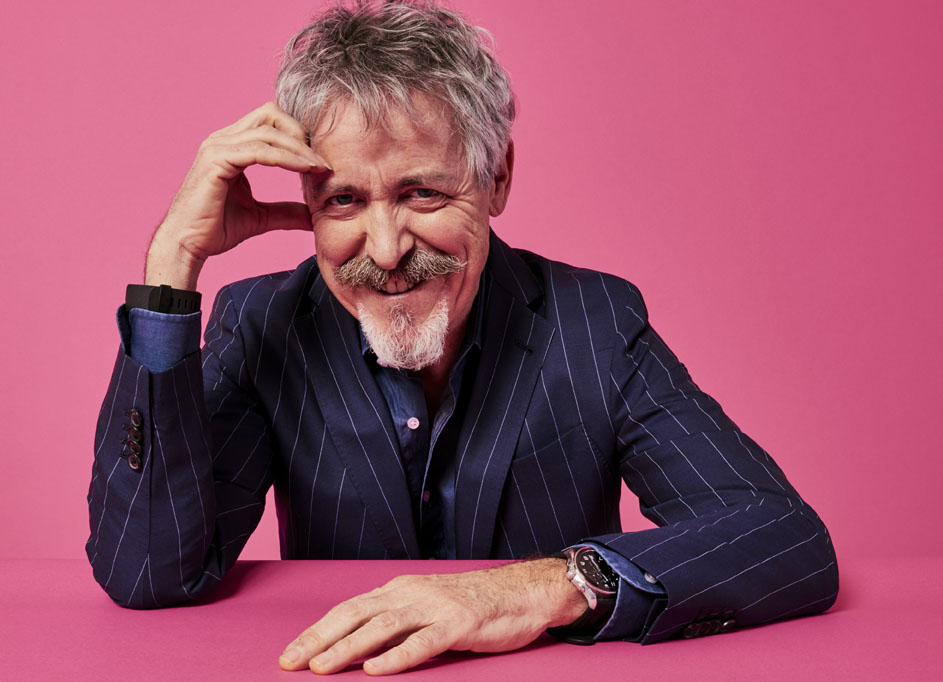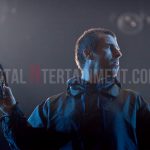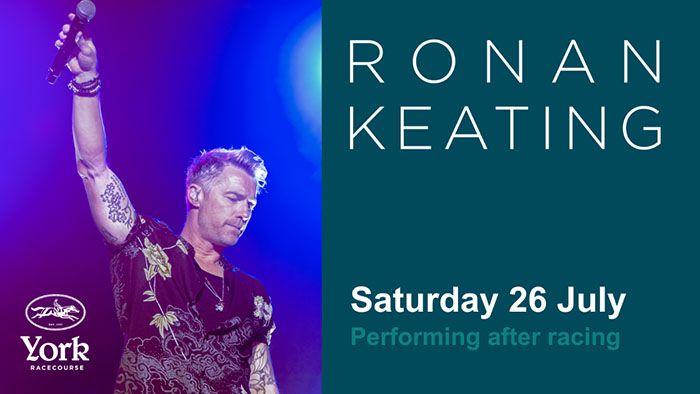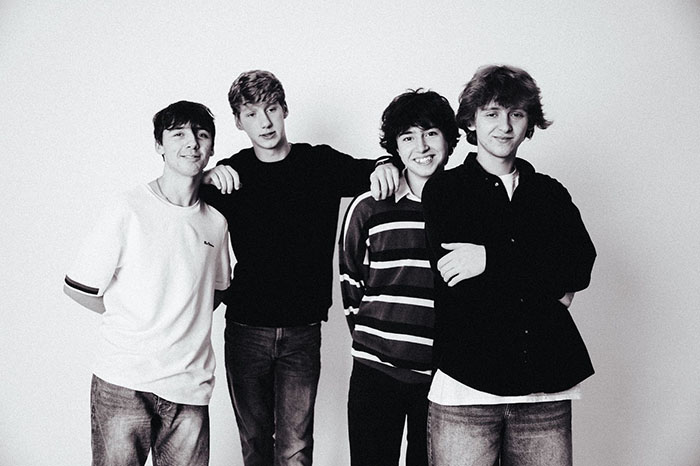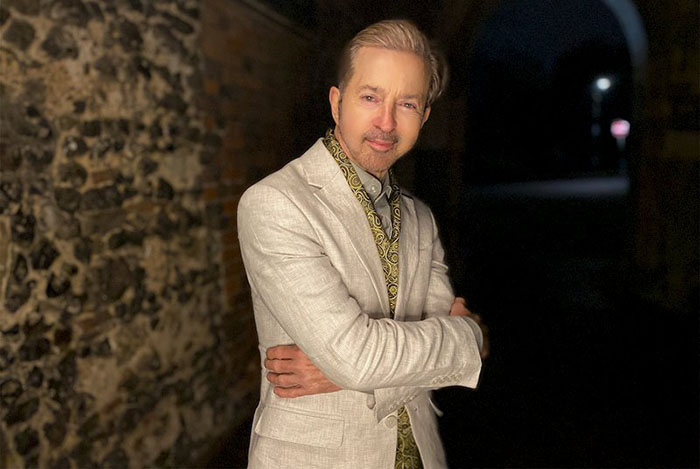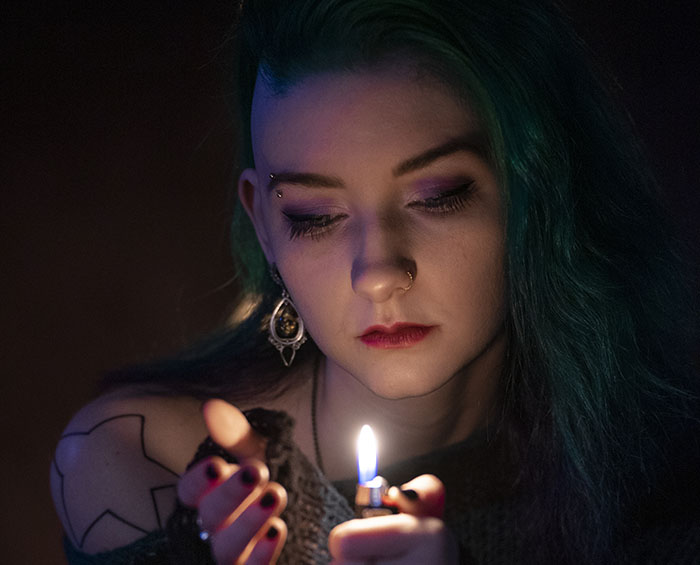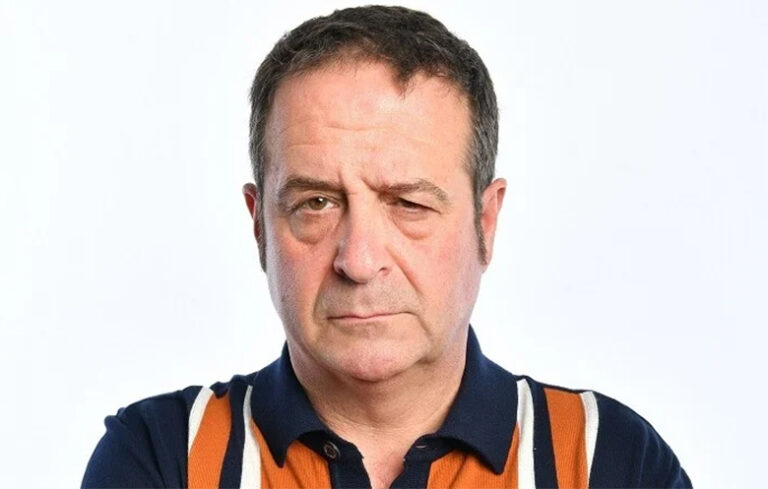Griff Rhys Jones tells us what it is like to be back on tour.
Q: It’s great to see you back on tour. What revived your love of live performing?
A: The truth is that over the last 15 years or so, I discovered that, rather alarmingly, the schedule of doing a huge quantity of programmes and running my own production company made life quite complicated. But I was constantly producing books based on television stuff. I often found myself standing at book shows, talking here and there. So one night I was standing on stage at the Monmouth Theatre promoting my last book, Insufficiently Welsh, and afterwards one of the guys who ran the festival said to me, “You know, you’ve got a show here.” I thought, “Yes, I guess I have. Well, I should do this.” So I just put together some stories about my travels and went out on stage and here I am!
Q: What have you enjoyed about performing live again?
A: What I have loved about it is that it’s very unmitigated. When you’ve worked in television for so long, you get slightly fed up with producers saying, “You have to talk about this.” In TV, agendas are being decided and commissioners are interfering in every single thing that happens. By contrast, live performing is great – it’s raw. I can get up, and if I’m in the middle of it and want to start to talking about something completely different, I can. I absolutely love that. It’s a little bit of a shock I think for friends who come to the theatre to see me standing on stage just talking about anything that comes into my head. But it’s really fun to do. Audiences seem to enjoy it a lot. So I’m really happy with the process.
Q: Do you enjoy the business of touring?
A: Yes, I do. Not having been a stand up in any way, not having been somebody who has come up through the circuit, I don’t know the rules. I don’t stick to them because I haven’t ever done it before. So at the moment I don’t mind sitting on a railway station at midnight on my way back to London thinking, “This train will be along soon.” Funnily enough, I find that still just a little bit romantic, so I’m happy to do it. And whether that’ll last for ever, I don’t know. But it’s a sort of second childhood.
Q: Do you get a buzz from your interaction with the audience?
A: Definitely. I’ve just done my grand tour of Suffolk, and I played Sudbury. Sudbury has a tiny little theatre – the auditorium only holds about 100 – but it’s just a marvellous relationship you can have with the audience. It’s like putting your toe in the water and gradually working your way up. And that’s what I love.
Q: What would you say is the theme of “Where Was I?”
A: It’s that there’s quite a distinction between holidays and travelling. I am a traveller, you are a tourist and they fall off balconies in Greece. There is a slight agenda to try and sort out for other people what travel really constitutes, what a journey really means. My family used to undertake massive adventures because my father was so neurotic and so the things that he did required a great deal of planning and fuss. So we didn’t do holidays. As far as my mother was concerned, she never had a holiday. There was a tendency for us to dramatise our adventures, and I think that stayed with me.
Q: Has the nature of travel changed since then?
A: Yes. These days we all travel long haul. People decide to go to Antarctica in the half term. That is one of the most predictable reasons for non-attendance at school these days. People now have no idea that in the past when the half term came we went to the local rubbish tip and threw conkers at each other. It wasn’t really necessary to jump on a long-haul flight and go to a beach in Mauritius. That seems to be a change.
Q: Did you attempt to copy your father when you became a parent?
A: Yes. I feel rather guilty because I continued to have self-serving adventures and worthy holidays which my poor children found almost beyond bearable. I was just emulating my father, so I was always hiring boats and bicycles and doing stuff like that. But it didn’t go down well with the family.
Q: What was the solution to that?
A: The BBC came along and gave me the opportunity to be juvenile, which was something I hadn’t expected at the age of 55. They told me, “You can abseil down cliffs and kayak through rapids and all that.” So there’s quite a lot in the first half of the show about the fact that the BBC, as far as I can tell, were determined to either drown or kill me. You do have to find a persona on TV. And my persona was, “Let’s see how much torture we can inflict on Griff.”
Q: What will you be discussing in the second half of “Where Was I?”
A: I talk about the fact that the torture has now settled down and that I’ve reached the sunny uplands. In between watching Cash in the Attic, like all people over the age of 60, I spend a lot of time trying to work out what the supermarket self-check-out is checking out and how it works. Sometimes with success. But I can’t do those things where you have to self-stick those labels. They’re needlessly complicated.
Q: What other subjects will you address?
A: The fact that when you arrive these days at an airport, your only thought is, “Why aren’t I running the airport? Just give me 10 minutes and I can make the thing slightly more efficient.” You do all your self-check-in online and then at the airport you go straight to the counter to get it done all over again. Who is that benefiting? There’s one thing that unites us these days as a human race, and that’s the contempt for air travel and the horrors that we experience while flying. Everybody flies now. You go to Delhi airport and you’re astounded by the number of people from every corner of the world who are trusting themselves to these 400 year old jumbos. So there’s a lot of ranting in the second half about the inadequacies of travel, and a little bit of philosophical cogitation on why we travel, what we’re trying to achieve.
Q: Why do you think we do travel?
A: We travel for different reasons at different times. But a lot of it is about escape and the idea of experiencing different things. In the old days, it used to be just experiencing better things, better food, better weather.
Q: What motivates your desire to travel?
A: These days the majority people get on a flight to travel. That’s one of the reasons why I recently decided I’d sail a boat to the Baltic. I went to the Baltic simply to avoid being in any places where the Daily Telegraph arrived with the morning coffee. I wanted to go to somewhere where you can be, if you like, a bit of an event to a stranger and experience a sort of otherness. So I sailed to Tallinn and St Petersburg and Helsinki. All those places were really great because it was a surprise to the population that you were English and you were there – and that’s always a very good sign. The one thing I tend to avoid in my life, if I possibly can, is being in the company of too many other tourists.
Q: What do you hope that people will take away from “Where Was I?”?
A: Oh, I hope they’ll have a good laugh. I hope they’ll hear some stories about pretty extraordinary places and, as I’m going to be asking the audience about their own most memorable travel experiences, I hope we will enjoy them together,
Q: What is the scariest thing you’ve done on your travels?
A: Feeding the sacred crocodile in Bali was certainly a very silly idea!
We thought it would be a good idea to try and do that for a programme I did about spirituality. They gave me a bag full of this dismembered sheep and sent me down to the side of the lake to see if I could feed the sacred crocodile, who had not yet appeared.
Q: Did he appear?
A: In the end. Not because I was throwing a sheep’s head into the lake, but only because an airplane came in. The sacred lake was right next to the airport. The crocodile did eventually arrive, but only when a plane landed. When a plane had previously flown in, it had missed the runway and gone straight into the lake, and the crocodile managed to chew up one of the cabin staff. So every time that a plane arrives now, the crocodile thinks it’s feeding time. If you look at the end of the film, there is the crocodile licking his lips. In retrospect I should not have done that. Be that as it may I’m still here with my artificial leg.
Q: So was that the most frightening thing you’ve ever done?
A: No. The most terrifying thing I was ever sent to do was to go inline skating in Paris. Just to illustrate the madness of Paris they actually close a lot of the lanes in the centre to traffic on a Wednesday evening so that inline skaters in their hundreds can travel round the city. But the producer said, “We can’t do it on a Wednesday.” So we went instead on a Friday when they hadn’t closed off the traffic. So we went straight out into the worst Parisian traffic you can imagine. You don’t want to hear national stereotypes of any kind, but the Parisians are just crazy drivers. If you happen to be inline skating across the cobbles in the centre of Paris in the rush hour, the drivers just don’t pay any attention to you. It was extremely frightening. I should never had done it. But like all those things, after a point you give up arguing with producers and directors and camera men about whether you should be doing this and just go, “Oh, all right.”
Q: So do you sometimes feel put-upon?
A: Yes. I’m always clambering underneath bridges, and being left dangling there. I feel very much under-appreciated. Eyes lit up across television when producers realised, “My God, we can get our presenters to do this sort of thing.” I’ve done quite a lot of stuff like jumping out of helicopters – completely untrained! I’m due a rest, but at my age I’m glad to say there won’t be too many demands of that kind left.
Q: Will we see any of these terrifying moments in “Where Was I?”?
A: Yes, I will show a few clips. Most of them will be shown in order to emphasise the limits of your reporter’s capability. Because to be able to deliver witty or fascinating commentary while you’re being dangled over the edge of a precipice is quite hard! There are a couple of moments where all you can hear is the fear in my voice. The thing is that when I sit down, I remember I have been the executive producer of all these things, so it’s my own fault. Having blamed the director, the producer and the camera man, I now realise it’s not their fault at all – it’s mine!
